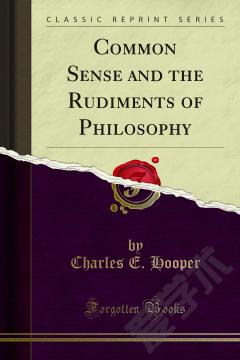Utilitarianism as a Public Philosophy
Utilitarianism, the great reforming philosophy of the nineteenth century, has today acquired the reputation for being a crassly calculating, impersonal philosophy unfit to serve as a guide to moral conduct. Yet what may disqualify utilitarianism as a personal philosophy makes it an eminently suitable guide for public officials in the pursuit of their professional responsibilities. Robert E. Goodin, a philosopher with many books on political theory, public policy and applied ethics to his credit, defends utilitarianism against its critics and shows how it can be applied most effectively over a wide range of public policies. In discussions of such issues as paternalism, social welfare policy, international ethics, nuclear armaments, and international responses to the environment crisis, he demonstrates what a flexible tool his brand of utilitarianism can be in confronting the dilemmas of public policy in the real world.
{{comment.content}}








 京公网安备 11010802027623号
京公网安备 11010802027623号